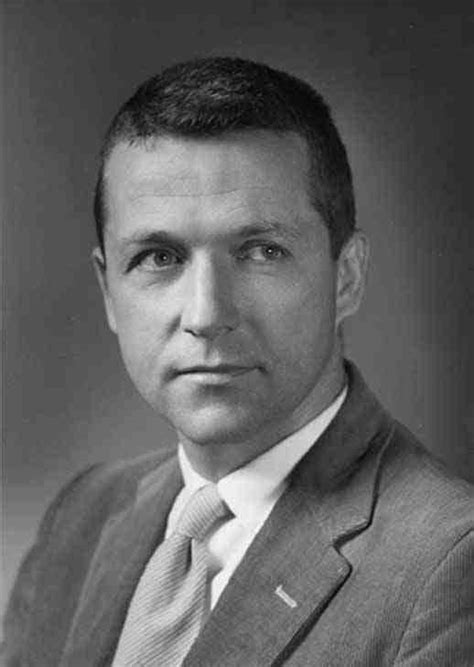A Quote by Katie Hafner
Using the HTTP protocol, computer scientists around the world began making the Internet easier to navigate by inventing point-and-click browsers. One browser in particular, called Mosaic, created in 1993 at the University of Illinois, would help popularize the Web, and therefore the Net, as no software tool had yet done.
Related Quotes
The United States has an unfair advantage, as most of the popular cloud services, search engines, computer and mobile operating systems or web browsers are made by U.S. companies. When the rest of the world uses the net, they are effectively using U.S.-based services, making them a legal target for U.S. intelligence.
[Eric]Goldman [a professor at Santa Clara University School of Law] says back in the 1990s, courts began to confront the question of whether software code is a form of speech. Goldman says the answer to that question came in a case called Bernstein v. U.S. Department of Justice. Student Daniel Bernstein who created an encryption software called Snuffle. He wanted to put it on the Internet. The government tried to prevent him, using a law meant to stop the export of firearms and munitions. Goldman says the student argued his code was a form of speech.
My belief is that there will be very large numbers of Internet-enabled devices on the Net - home appliances, office equipment, things in the car and maybe things that you carry around. And since they're all on the Internet and Internet-enabled, they'll be manageable through the network, and so we'll see people using the Net and applications on the Net to manage their entertainment systems, manage their, you know, office activities and maybe even much of their social lives using systems on the Net that are helping them perform that function.
The Web took off in all its glory because it was a royalty-free infrastructure . . . When I invented the Web, I didn't have to ask anyone's permission. Now, hundreds of millions of people are using it freely. I am worried that that is going to end in the U.S.A. If we had a situation in which the U.S. had serious flaws in its Net Neutrality, and Europe did have Net Neutrality, and I were trying to start a company, then I would be very tempted to move.
I'm not of the opinion that all software will be open source software. There is certain software that fits a niche that is only useful to a particular company or person: for example, the software immediately behind a web site's user interface. But the vast majority of software is actually pretty generic.
































